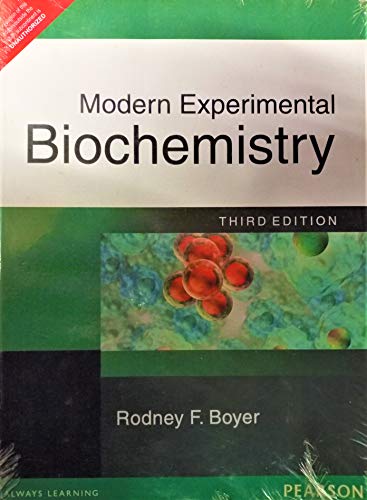
Concepts Biochemistry Rodney Boyer Pdf To Doc
• S e c o n d E d i t i o n BIOCHEMISTRY LABORATORY:MODERN THEORYAND TECHNIQUES Rodney BoyerHope College Prentice HallBoston Columbus Indianapolis New York San Francisco Upper Saddle River Amsterdam Cape Town Dubai London Madrid Milan Munich Paris Montral TorontoDelhi Mexico City So Paulo Sydney Hong Kong Seoul Singapore Taipei Tokyo • Editor in Chief, Chemistry: Adam JaworskiMarketing Manager: Erin GardnerProject Editor: Jennifer HartEditorial Assistant: Fran FalkMarketing Assistant: Nicola HoustonManaging Editor, Chemistry and Geosciences: Gina M. 
Buy Fundamentals of Biochemistry. 3.4 out of 5 stars 11. I wish it explained the concepts a little better and helped with the different ways.
© 2003 by The International Union of Biochemistry and Molecular Biology Printed in U.S.A. BIOCHEMISTRY MOLECULAR BIOLOGY EDUCATION Vol. Fontexplorer x pro license crack mac vs pc game. 102–105, 2003 AND Articles Concepts and Skills in the Biochemistry/Molecular Biology Lab Received for publication, October 23, 2002, and in revised form, November 16, 2002 Rodney Boyer‡ From Bozeman, Montana 59715 Most colleges and universities throughout the world now offer a Biochemistry/Molecular Biology (BMB) lab course that is designed for undergraduate students in the molecular life sciences, chemistry, and related fields.
To best serve our students, we must introduce them to the most current concepts, skills, and methods available. Suggestions for teaching a modern BMB lab are given here. Keywords: Laboratory skills, biochemistry lab, molecular biology lab, education. The Biochemistry/Molecular Biology (BMB)1 teaching laboratory has become a prominent and essential fixture in the training of undergraduate students for careers related to the molecular life sciences (biochemistry, molecular biology, chemistry, genetics, immunology, microbiology, neurochemistry, etc.). These students must acquire extensive experience working with biomolecules in the laboratory, and a formal lab course is usually the best first step to that experience. This step provides students the skills needed for future research participation at the undergraduate and graduate level and for jobs in the biotechnological and pharmaceutical industries.
In addition, a lab experience is also an asset for those science majors preparing for careers in law and business that may be related but outside the realm of the basic sciences (patent law, pharmaceutical sales, etc.). With the acknowledged importance of a lab experience for all students, it is surprising that there is such a sparsity of literature references with discussion on the elements that make up an effective BMB laboratory experience.
For example, what technical skills and procedures must be practiced and mastered by students? What teaching modes work best to most effectively train students in the lab? What instrumentation should undergraduate students become familiar with?
What is the importance of the “other lab skills” such as communication (written and oral), teamwork, ethics, fairness, and responsibility? In this discussion I will not be able to provide completely satisfying answers to all these questions, but hopefully I will be able to provide insight and food for future thought. BMB LABS OF THE PAST AND PRESENT The standard approach to teaching the BMB lab, for many years, has been to: ‡ To whom correspondence should be addressed. E-mail: 1 The abbreviations used are: BMB, Biochemistry/Molecular Biology; MS, mass spectrometry; ASBMB, American Society for Biochemistry and Molecular Biology; HPLC, high pressure liquid chromatography.
Select appropriate experiments from a textbook adopted for the class (Refs. 1– 4 for current lab books), or 2. Utilize a set of self-designed experiments, or 3. Choose projects published in the biochemical education journals Biochemistry and Molecular Biology Education (BAMBED) and The Journal of Chemical Education (JCE).